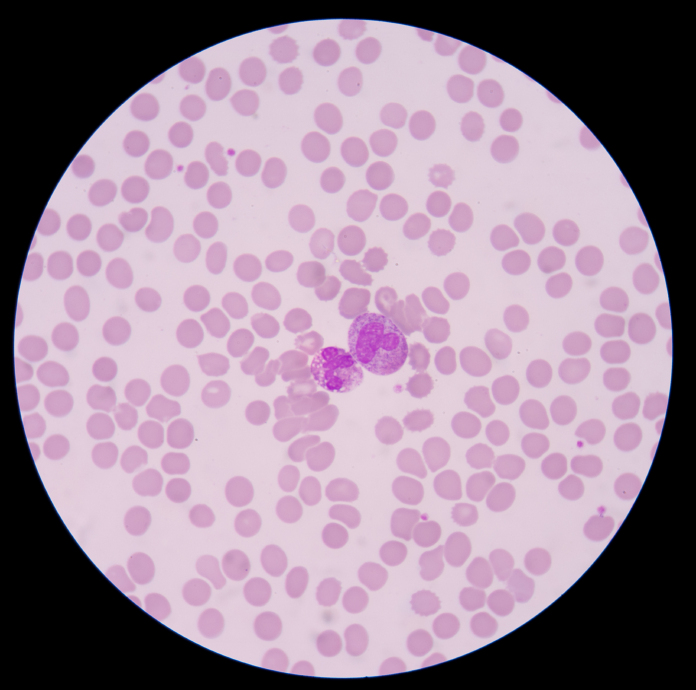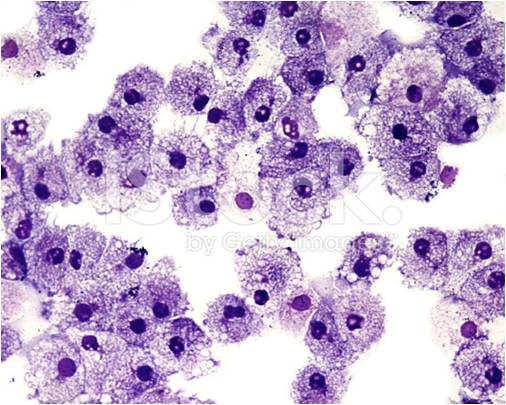Complex Sepsis Issues and Future Development course



Description
This session is aimed at all out of hospital clinicians, GPs, Nurses, Pharmacists, Paramedics, Community Midwives and those providing urgent or unscheduled care. It will explore neutropenic sepsis and sepsis in maternity, potential opportunities for prevention and some of the recent changes and innovation relevant to sepsis.
Learning Objectives
By the end of this session you will be able to:
- Recognise the importance of neutropenic sepsis
- Describe the relevance of sepsis in maternity cases
- Identify potential ways of reducing sepsis cases
- Recall the role of near patient testing in the confirmation of sepsis
- Discuss the role of physiological scoring systems in the definitions and management of sepsis
Sepsis is a rapidly changing area of medicine as efforts continue to find better ways of identifying and reacting to sepsis.
Simon Stockley, Mb CHB, FRCGP, FIMC RCS Ed, DUMC, is a GP at Eaglescliffe Medical Practice in the North-east of England.
He is the RCGP Clinical Champion for Sepsis, and represents the RCGP on the NHS England Cross-systems Sepsis Prevention Programme Board and the Academy of Royal Colleges Sepsis Group.
A GP for 30 years, he has prepared multiple sepsis teaching and support aids for clinicians working in general practice.
Simon is a board member of the Faculty of Pre-Hospital Care (RCS Edin) and an examiner for the Diploma in Urgent medical care.


James Larcombe MB ChB PhD Dip Adv GP FRCGP is a full time GP in the North-East of England.
His research interests are on infections, and he has provided advice on behalf of the RCGP and UK Sepsis Trust in the production of the Toolkit: General Practice management of Sepsis and General Practice Sepsis Screening and Action Tool.
He was a member of the Guideline Development Group for the NICE UTI in children guideline, produced in parallel to the fever in the under fives document.
He is an MRCGP examiner, an honorary lecturer at Durham University, and a GP tutor for Health Education North England.
Alison Tavaré (MBChB FRCGP MSc DRCOG) is a Bristol GP and the Primary Care clinical lead with the 'Deteriorating Patient' team at the West of England Academic Health Science Network.
As the GP member of the NICE Guidelines Development Group for sepsis, Alison first became involved with the West of England AHSN to raise awareness of sepsis amongst her GP colleagues, but this evolved with the use of NEWS (National Early Warning Scores) to support the identification and management of the sick patient. This work has been a regional and system wide collaboration between primary care, out of hours, the ambulance service, and the acute trusts, and has resulted in a measured reduction from mortality from 'suspicion of sepsis'. The team have won the BMJ Awards 2018 'Patient Safety Team of the Year' and the HSJ 2018 Patient Safety award for the 'Deteriorating Patients and Rapid Response Systems'.
The 'Deteriorating Patient' team are now involved in supporting the national adoption and spread of NEWS2 out of hospital and in addition are working closely with NHSE to develop a regional strategy to improve outcomes for people with learning disability.


- Anaesthesia Fundamentals | Physiology | Ventilatio...
- Posted By eIntegrity Healthcare e-Learning
- Posted Date: 2024-12-26
- Location:Online
- This session describes how and why ventilation and perfusion vary in the healthy lung. Causes of hypoxia, such as hypoventilation, increased dead space and shunt, are discussed to help the trainee explain and manage hypoxia clinically.
- Anaesthesia Fundamentals | Physiology | Pulmonary ...
- Posted By eIntegrity Healthcare e-Learning
- Posted Date: 2024-12-26
- Location:Online
- This session covers the measurement and clinical importance of lung volumes, including functional residual capacity and dead space. Information regarding the performance and interpretation of flow-volume loops is also included.
- Anaesthesia Fundamentals | Physiology | Co2 Carria...
- Posted By eIntegrity Healthcare e-Learning
- Posted Date: 2024-12-26
- Location:Online
- This session covers the physiology of how carbon dioxide is carried by blood, including its conversion into bicarbonate ions and the role of the red blood cell and haemoglobin in this process. The session also describes how buffers work, and the fundament
- Anaesthesia Fundamentals | Physiology | Function o...
- Posted By eIntegrity Healthcare e-Learning
- Posted Date: 2024-12-26
- Location:Online
- This session focusses on the function of haemoglobin in oxygen (O2) carriage from the lungs to other tissues where cells are supplied with the O2 required for oxidative phosphorylation in the mitochondria. We will cover the structure
- Anaesthesia Fundamentals | Physiology | Gaseous Ex...
- Posted By eIntegrity Healthcare e-Learning
- Posted Date: 2024-12-26
- Location:Online
- This session will introduce you to the physiological effects of altitude and the adaptations that occur with acclimatization. It also introduces the pathology and physiology of high pressure and decompression.







